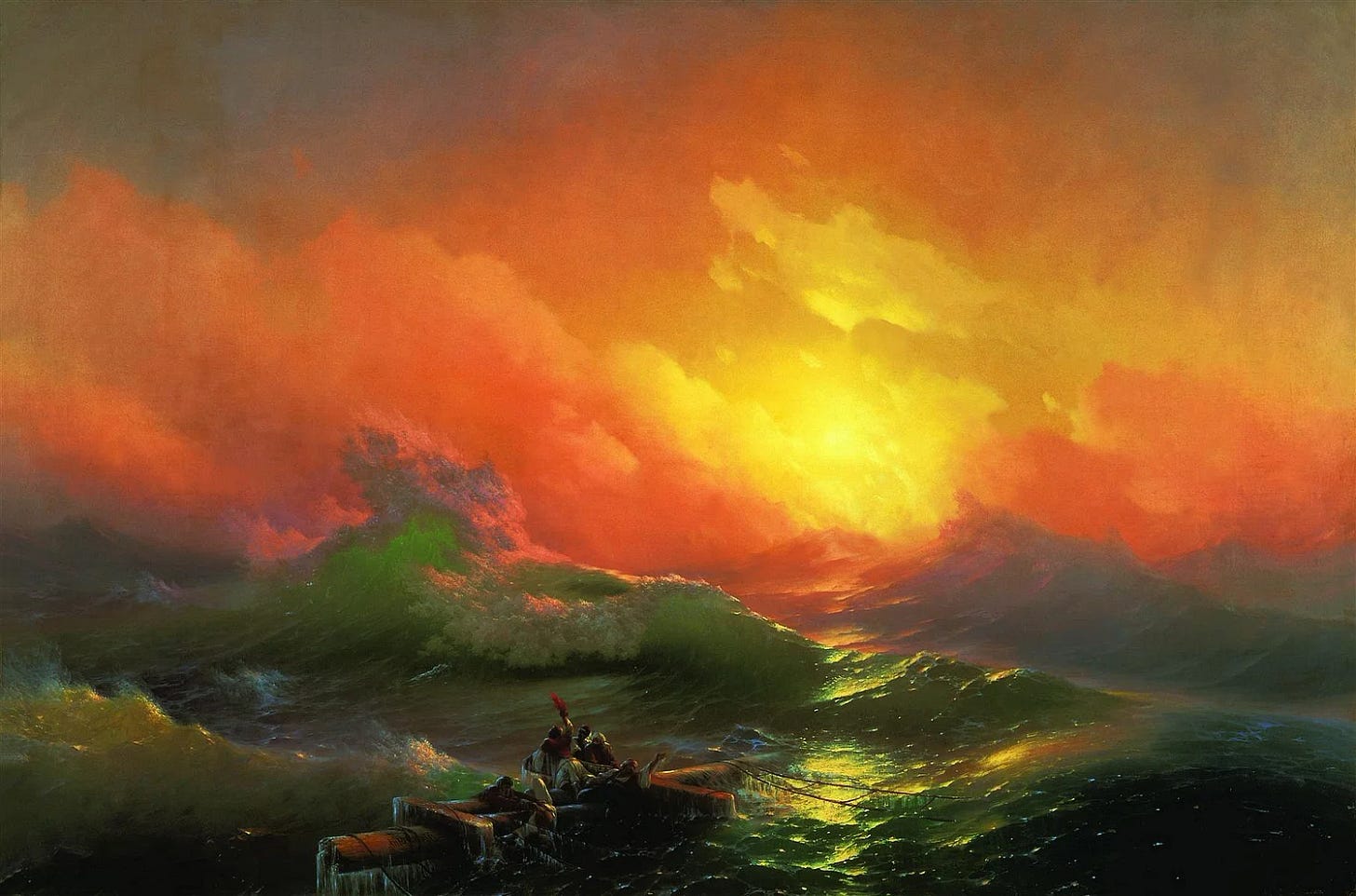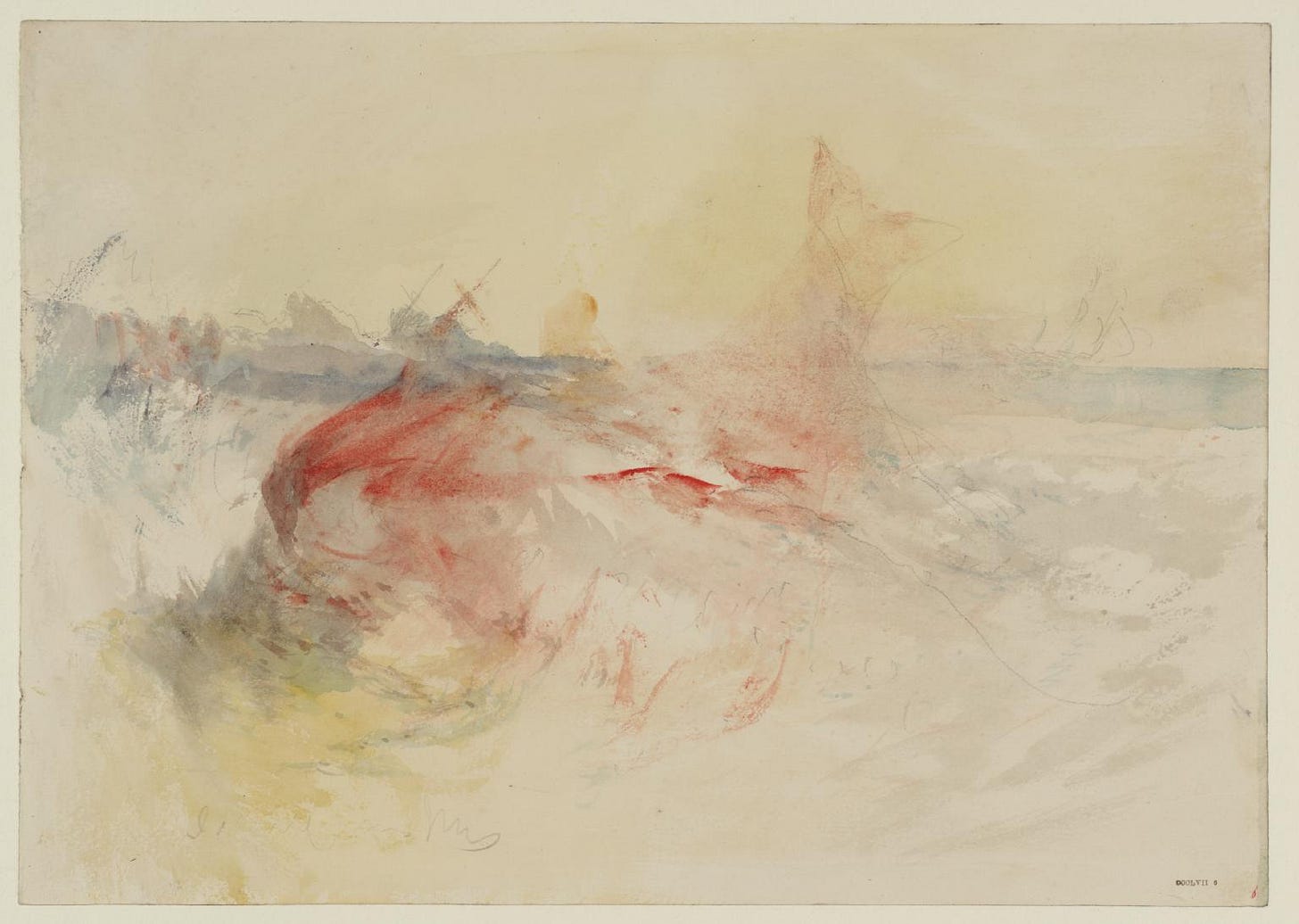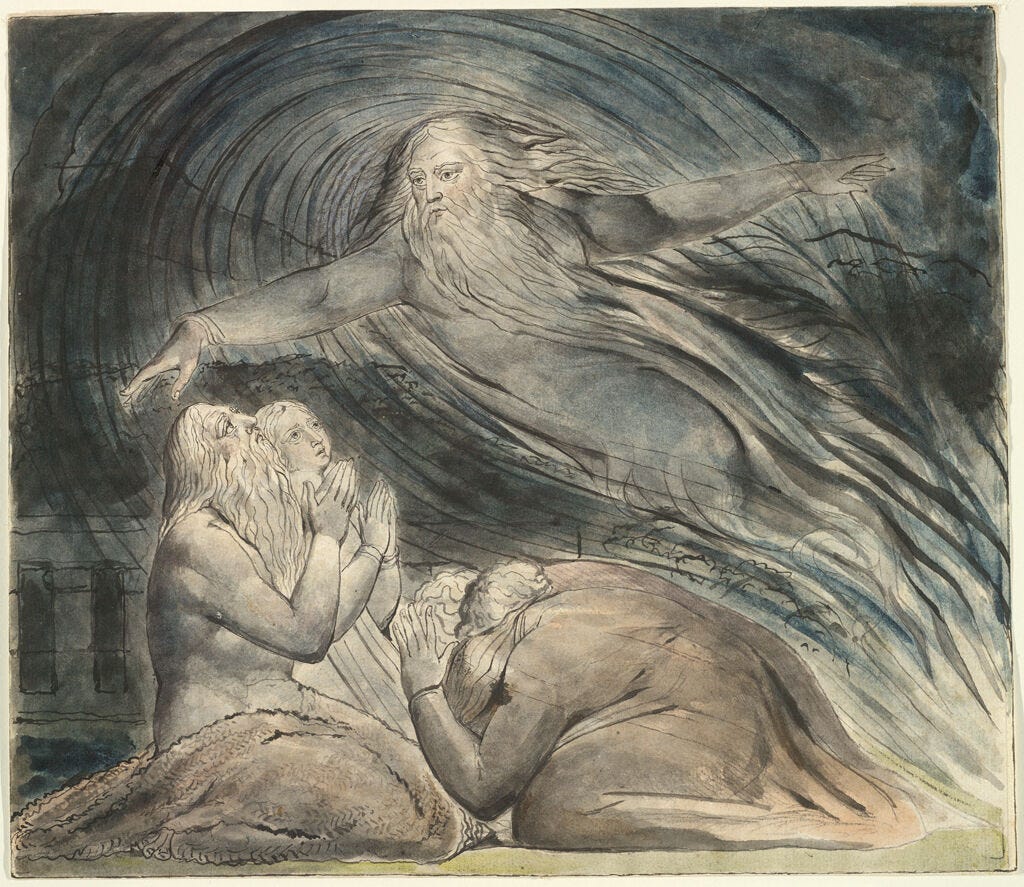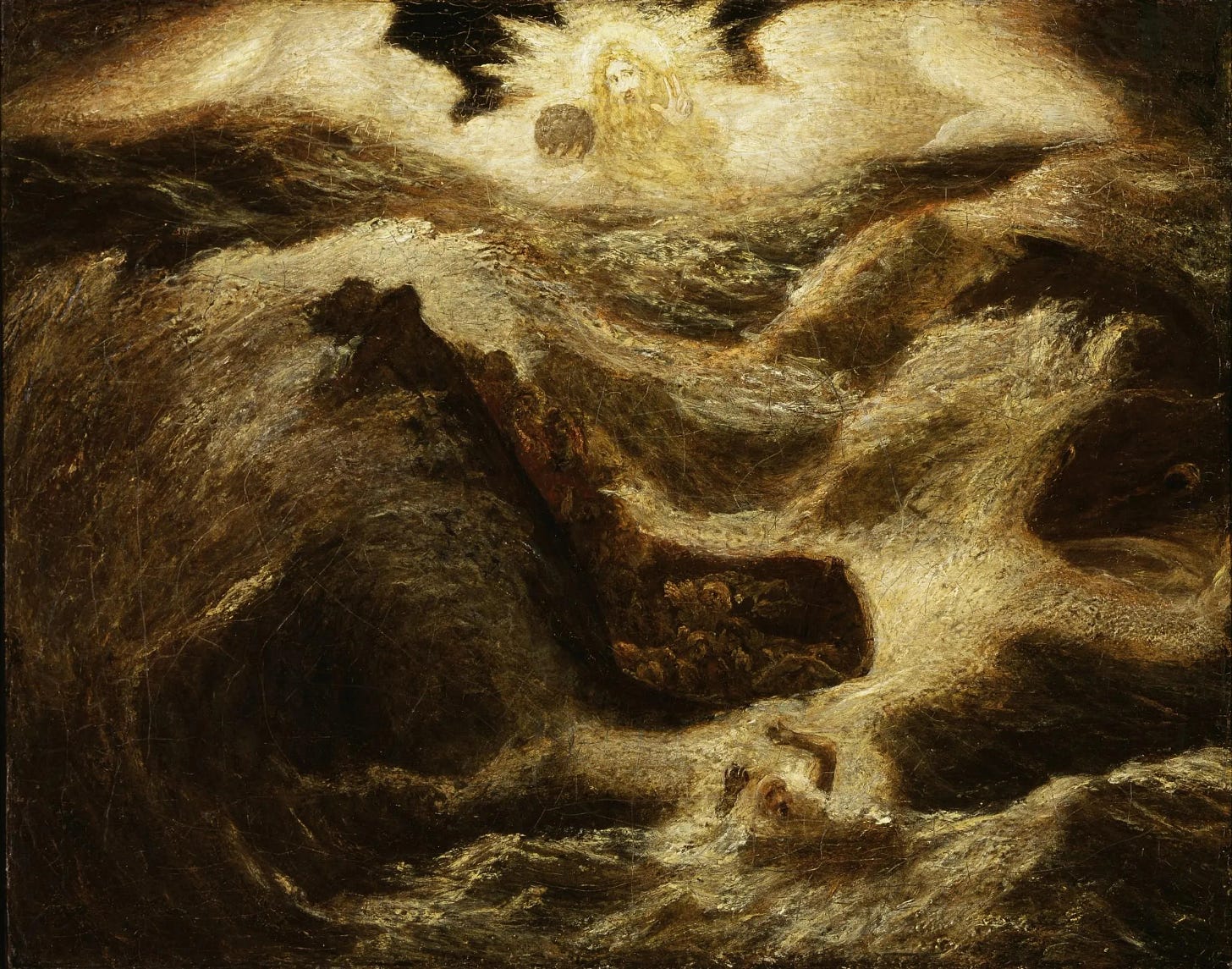To Live and to Dive
Probing the unknown fathoms below
We still don’t know what’s in the ocean. Light barely pierces its depths. According to scientists, the sun barely reaches beyond 200 meters. Only a fraction do we see. Ninety five percent remains hidden. We do not comprehend these waters. Answers and enigmas beckon without a promise. To venture the expanse is to risk oblivion. But dive we must.
The world above teems with technology. Wires, roads, signals, and frequencies cover ever greater extents of human life. Satellites supervise virtually every inch of land. Cameras capture our movements and steal our privacy. But under the water we still have hope for mystery. Amid the comprehensive grip of modern life, something deep inside longs for untrodden space. Our souls need to grapple with the profound.
In our quiet moments we sense something we don’t see. A vaster truth peeks from behind the veil of ordinary existence. The murky realm of the unconscious, the inscrutable human heart, all that we desire and fear – these are the oceans within. We may not ever touch the ground of the ground. We may not ever tap the substrate of ultimate reality, but trying is the real stuff of living. Dignity demands that we dive.
Herman Melville spent years roiling along the waves of the sea. He wrote books about his adventures and observations. His most famous, which many consider the great American novel, is Moby Dick. In the opening chapter, the protagonist Ishmail gravitates to the coast and sees his yearning reflected everywhere. “Posted like silent sentinels all around the town, stand thousands upon thousands of mortal men fixed in ocean reveries.” The pull of water, the draw of the wavy globe spreads to “the extremest limit of the land.” They feel the call to everything unsolvable and uncountable. “But look! here come more crowds, pacing straight for the water, and seemingly bound for a dive.” What do they see? Perhaps one drop of beauty or one molecule of truth is worth the swallowing gyre.
The leviathans of our imagination wrestle the safe moorings of dry earth. In a letter to a friend, Melville wrote the following:
“I love all men who dive. Any fish can swim near the surface, but it takes a great whale to go down stairs five miles or more; and if he don't attain the bottom, why all the lead in Galena can't fashion the plummet that will. I'm not talking of Mr. Emerson now — but of the whole corps of thought-divers, that have been diving and coming up again with bloodshot eyes since the world began.”
That eminent mind Ralph Waldo Emerson echoed the sentiment:
“Be not the slave of your own past – plunge into the sublime seas, dive deep, and swim far, so you shall come back with new self-respect, with new power, and with an advanced experience that shall explain and overlook the old.”
Some of our most ancient stories evoke the spiritual weight of these depths. When Job bemoans the perplexity of the cosmos and the calculus of justice, God answers:
“Hast thou entered into the springs of the sea? or hast thou walked in the search of the depth? Have the gates of death been opened unto thee? or hast thou seen the doors of the shadow of death? Hast thou perceived the breadth of the earth? declare if thou knowest it all… The waters are hid as with a stone, and the face of the deep is frozen.”
Despite this rebuke, God blesses Job and accepts his complaint. The man increased in stature and substance because of the struggle.
The voice of God came to Jonah and Jonah fled: “Arise, go to Nineveh, that great city, and cry against it; for their wickedness is come up before me.” But the prophet did not want to help his enemies. During his escape he was thrown into the ocean and swallowed by a giant fish. There, in that depth, he came to know a deeper death and resurrection.
“For thou hadst cast me into the deep, in the midst of the seas; and the floods compassed me about: all thy billows and thy waves passed over me… The waters compassed me about, even to the soul: the depth closed me round about, the weeds were wrapped about my head. I went down to the bottoms of the mountains; the earth with her bars was about me for ever: yet hast thou brought up my life from corruption.”
In the early portions of Moby Dick, a certain Father Mapple gives a sermon that trumpets the woe and valor of diving deep: “Yet what depths of the soul Jonah’s deep sealine sound! what a pregnant lesson to us is this prophet! What a noble thing is that canticle in the fish’s belly! How billow-like and boisterously grand!”
The oceans remind us of our hungers, stoke our fears, and whet the inmost desires. Max Weber was neither prophet nor poet, but few accounts explain the age better than his iron cage of disenchantment. The German sociologist saw the modern world as a lifeless system of technology and bureaucracy that gave up on its spiritual roots. Calculation and efficiency drove the spirits to the hills. “Not summer's bloom lies ahead of us," he wrote more than 100 years ago, "but rather a polar night of icy darkness.” The Age of Enlightenment brought us a crystal palace of shimmering knowledge, but the dictates of reason left the passions cold. The beautiful and the true – two things the iron cage cannot replicate – lure us beyond the surface and dare us to dive deep. Here we affirm the words of French-American writer Anaïs Nin: “I have no fear of depths and a great fear of shallow living.”
Only in braving the abyss do we find the character and meaning necessary to grow as human beings.








Thanks for this dive. I am taken by the great literature that points us readers toward the ‘almost’ unknown. It seems to claim even the non-readers—everyone—can share this experience of diving. However, it is dangerous: a young soul can be driven insane by the chaotic depths as Moby Dick recounted. Nate, you must read Frost’s perfect poetic addendum to your essay: ‘For Once, Then, Something.’